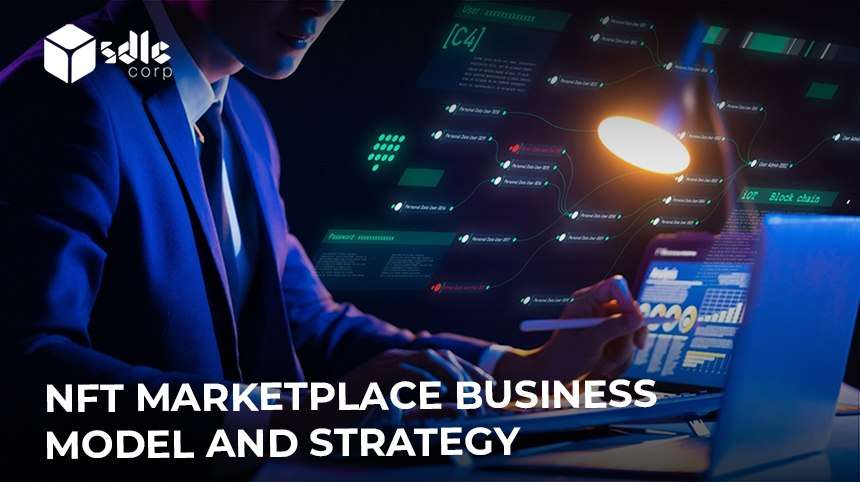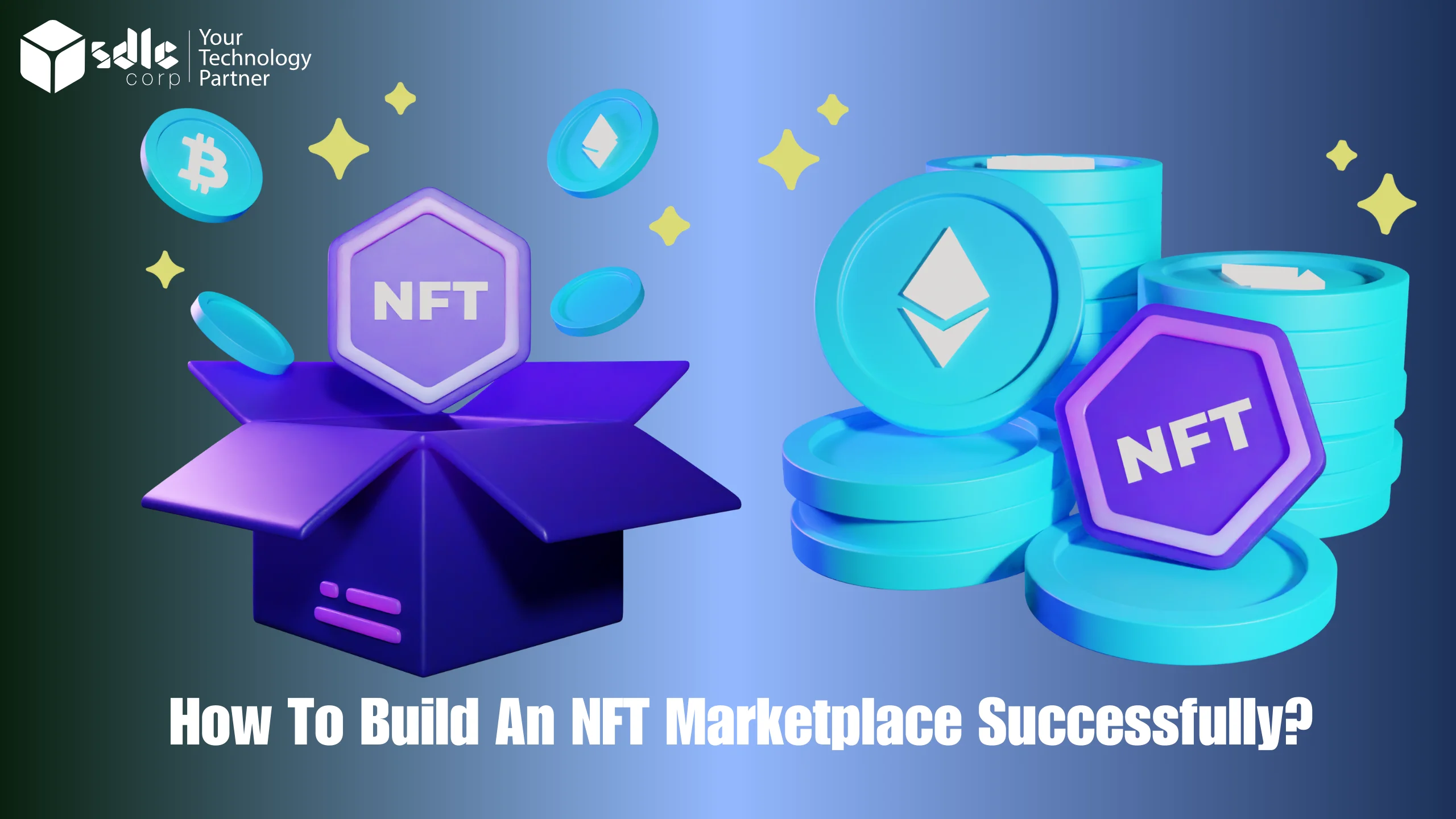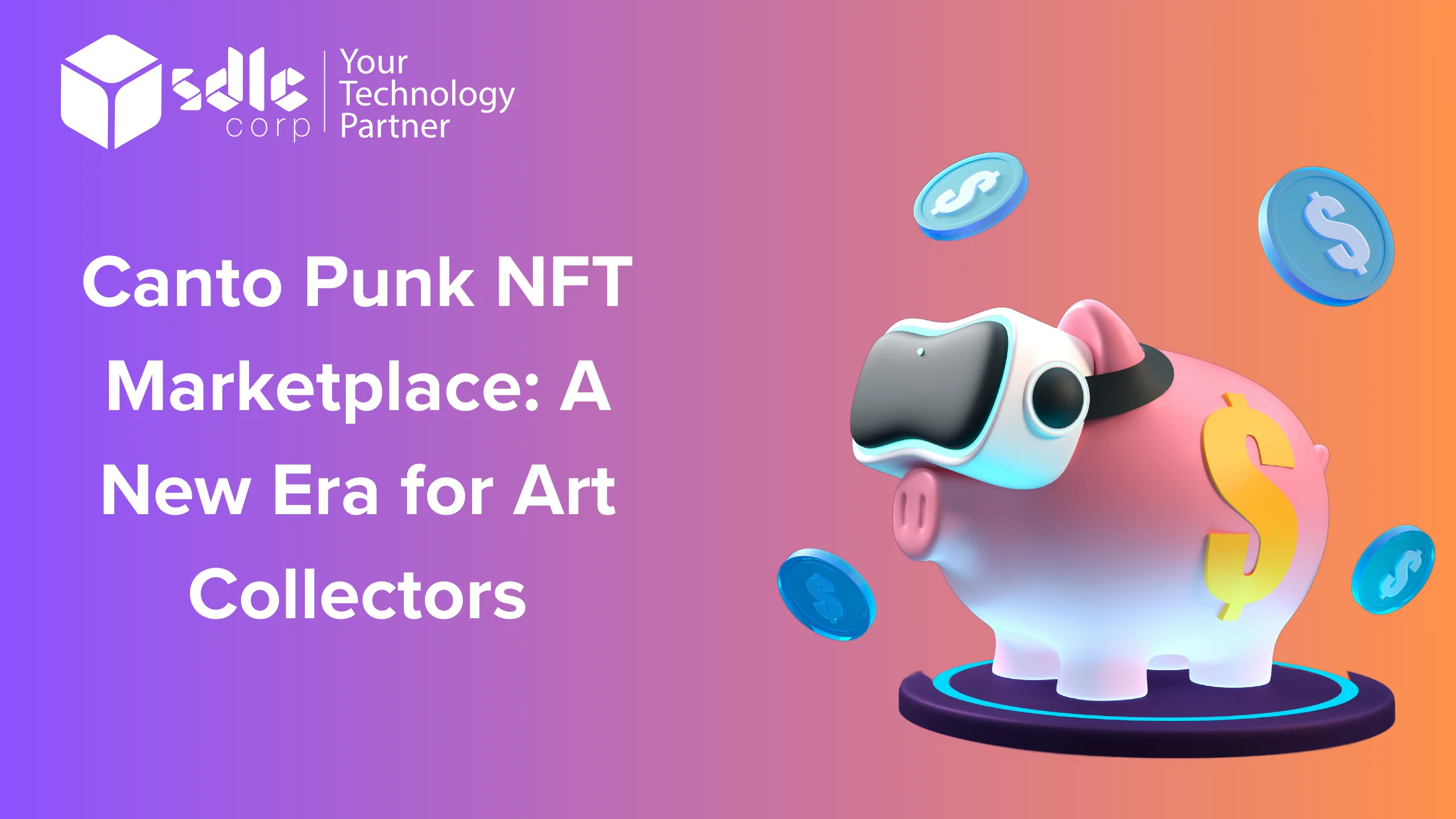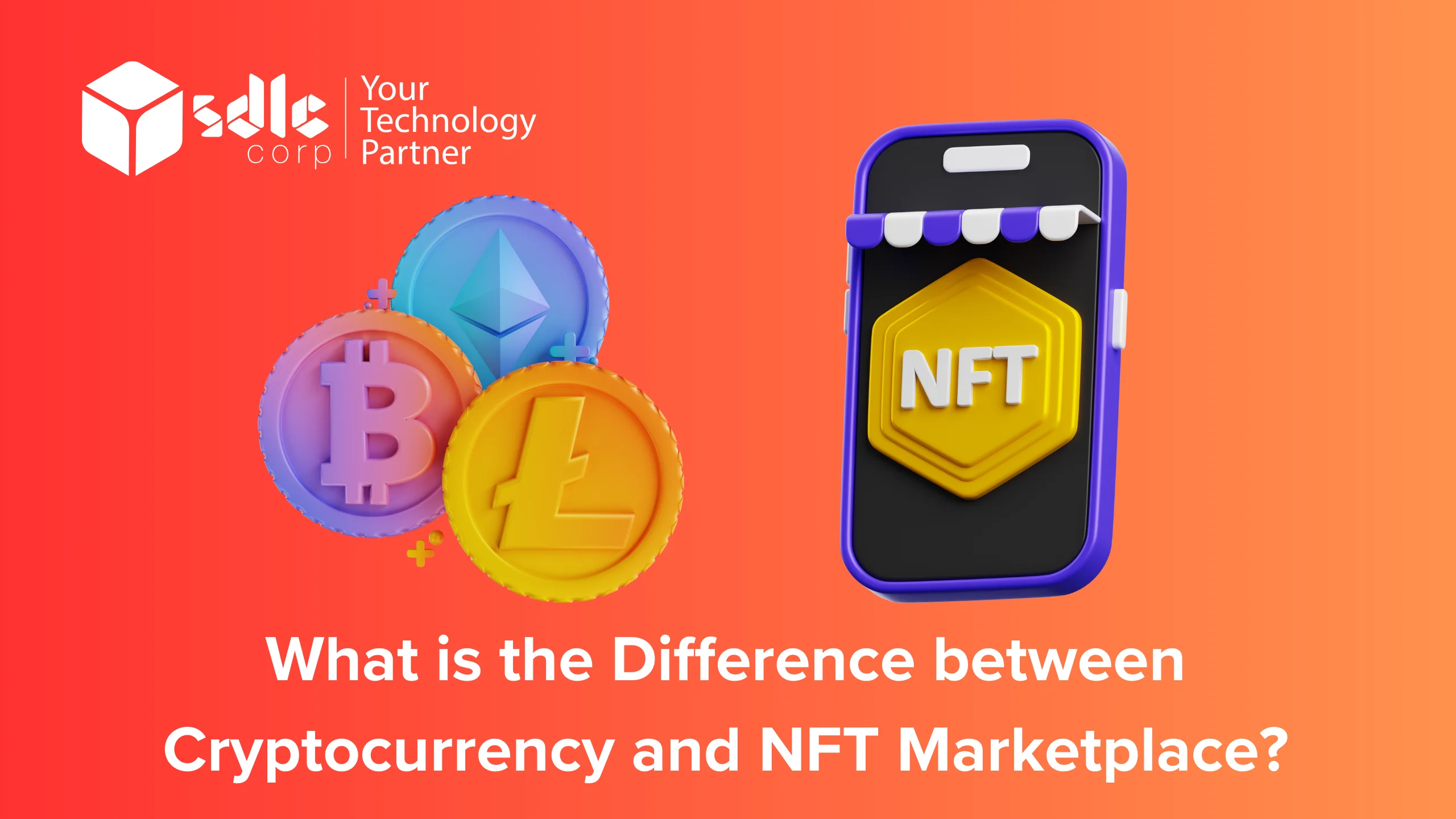The NFT marketplace is one of the fastest-growing sectors in the blockchain industry. Whether you’re an entrepreneur looking to launch a new NFT platform or an investor seeking opportunities, understanding the business model and strategy behind NFT marketplaces is crucial. This blog will break down everything in simple terms so that you can navigate the NFT space like a pro.
What is an NFT Marketplace?
An NFT marketplace is a digital platform where users can buy, sell, and trade NFTs (Non-Fungible Tokens). These marketplaces act as online stores where digital assets like art, music, gaming items, and virtual real estate are traded using cryptocurrency.
Examples of Popular NFT Marketplaces:
✅ OpenSea – The largest NFT marketplace for all types of NFTs.
✅ Rarible – A decentralized marketplace that allows users to create and sell NFTs.
✅ Foundation – A creator-focused marketplace for exclusive digital art.
✅ NBA Top Shot – A marketplace specializing in sports NFTs.
✅ Axie Marketplace – A platform for buying and selling Axie Infinity game assets.
NFT Marketplace Business Model
An NFT marketplace makes money through different revenue streams. Below are 10 key revenue models that NFT marketplaces use:
1. Commission Fees
NFT marketplaces charge a percentage on every transaction. For example, OpenSea charges 2.5% on every sale.
2. Listing Fees
Some marketplaces charge artists and creators a fee to list their NFTs on the platform.
3. Gas Fees
Since transactions are powered by blockchain, users pay gas fees (network fees) to mint and transfer NFTs.
4. Subscription Models
Premium features such as better visibility, exclusive access, and enhanced analytics are offered for a subscription fee.
5. Royalties for Creators
Marketplaces allow creators to earn royalties every time their NFT is resold, ensuring a continuous income stream.
6. Auction Fees
Marketplaces that support NFT auctions charge additional fees for listing, bidding, and closing transactions.
7. Advertising and Promotions
Featured listings and advertising space allow creators and brands to showcase their NFTs for a fee.
8. Partnerships & Collaborations
Marketplaces collaborate with brands, artists, and influencers to create exclusive NFT drops.
9. White-Label Solutions
Some platforms offer ready-made NFT marketplace solutions to businesses for a fee.
10. Secondary Sales Commissions
A percentage of every resale transaction goes to the platform, creating a sustainable revenue stream.
NFT Marketplace Strategy for Success
To build a successful NFT marketplace, you need a solid strategy. Here are 10 critical steps:
1. Identify Your Niche
Specialize in a specific category like art, gaming, music, or virtual real estate to attract a targeted audience.
2. Choose the Right Blockchain
Decide whether to use Ethereum, Solana, Binance Smart Chain, or Polygon based on transaction speed and costs.
3. Focus on User Experience
Ensure your platform is easy to navigate, secure, and fast for both creators and buyers.
4. Offer Multi-Wallet Support
Allow users to connect with multiple wallets like MetaMask, Trust Wallet, and Coinbase Wallet.
5. Implement Strong Security Measures
Use smart contract audits, KYC verification, and multi-layer authentication to prevent fraud.
6. Provide a Seamless Minting Process
Make it easy for users to create and mint NFTs without technical knowledge.
7. Build a Community
Engage users through social media, Discord groups, and NFT collaborations.
8. Develop a Strong Marketing Plan
Leverage content marketing, influencer partnerships, and paid ads to grow your marketplace.
9. Offer Competitive Fees & Incentives
Lower transaction fees and offer incentives like airdrops, staking rewards, and loyalty programs.
10. Ensure Regulatory Compliance
Adhere to blockchain and crypto regulations to avoid legal complications.
Final Thoughts
Building a profitable NFT marketplace requires the right business model and strategy. By understanding how marketplaces generate revenue and what strategies lead to success, you can make informed decisions whether you’re creating a marketplace or investing in one.
🚀 Want to launch a successful NFT marketplace? Check out our NFT Marketplace Development services. Need marketing solutions for NFTs? Explore our NFT Marketing Agency for expert guidance!















